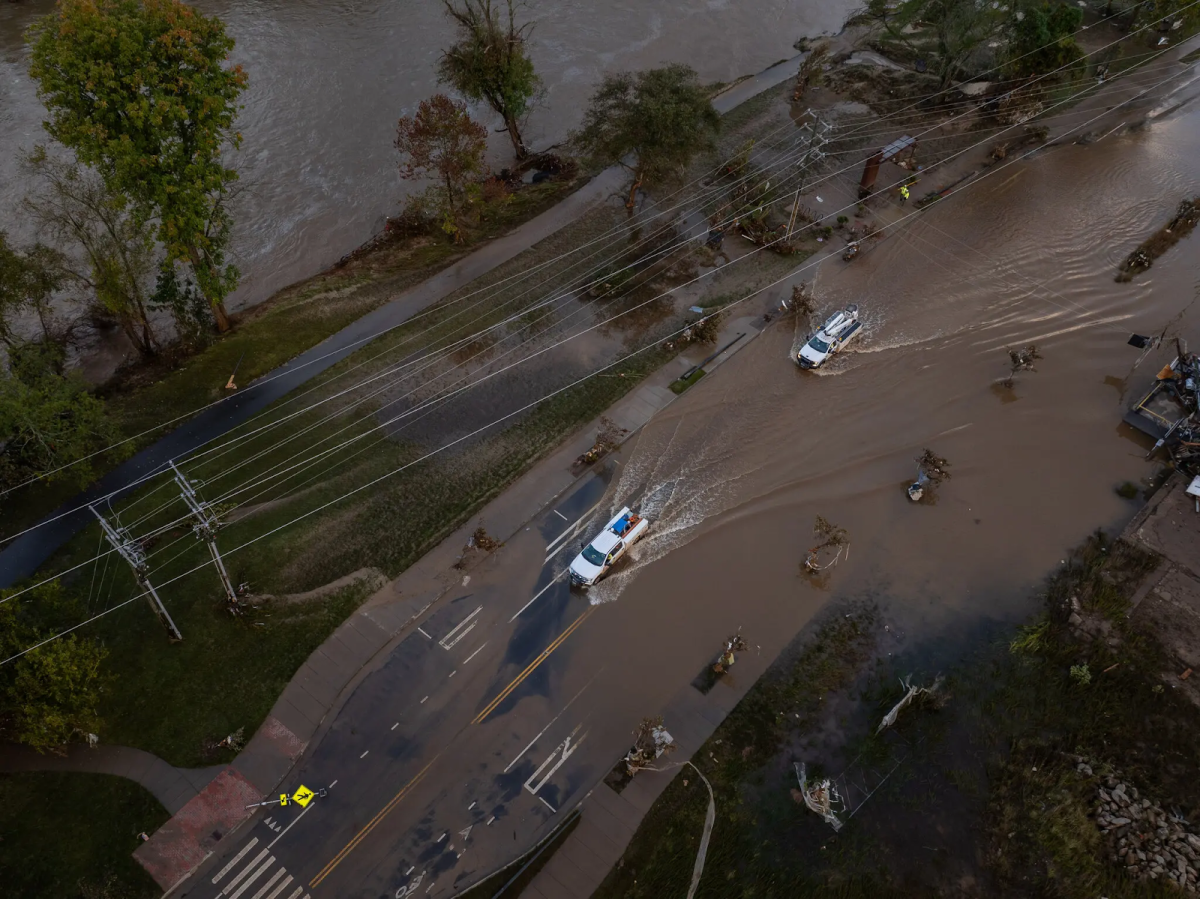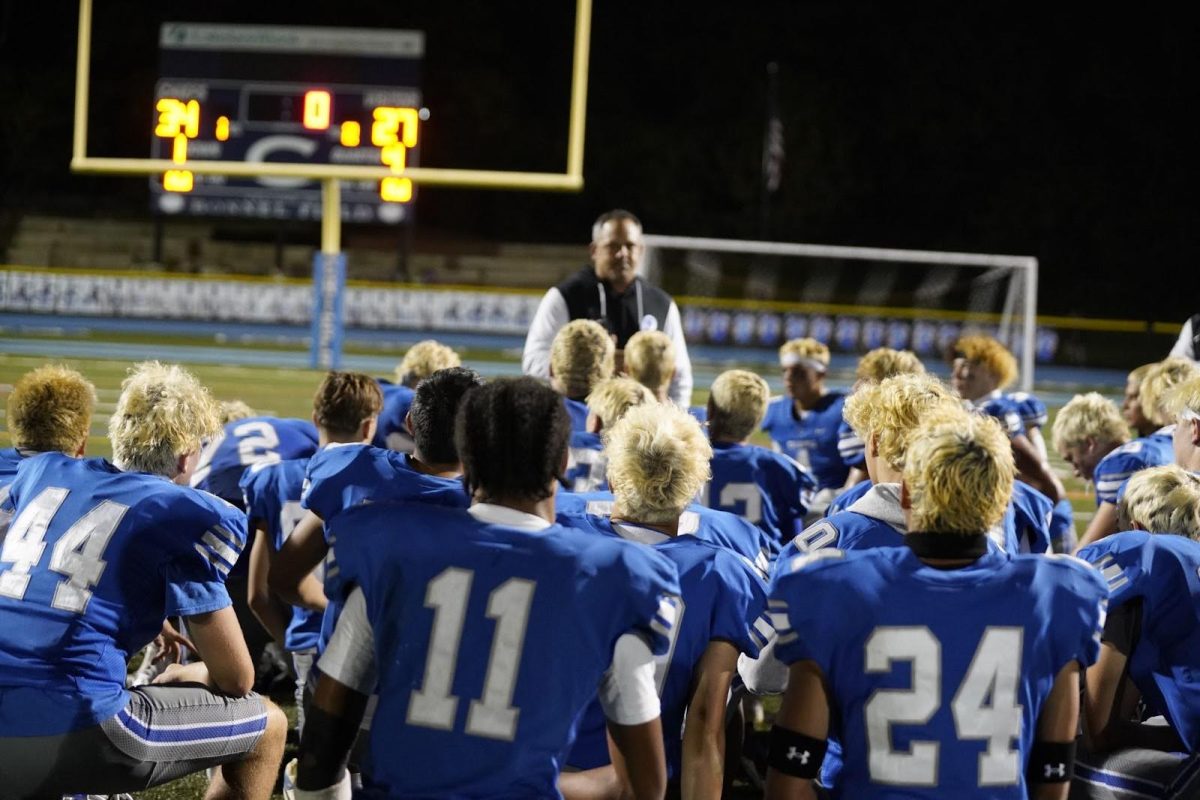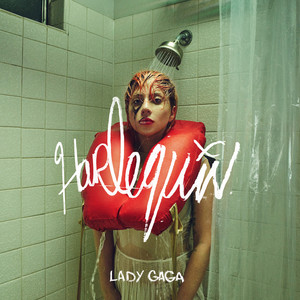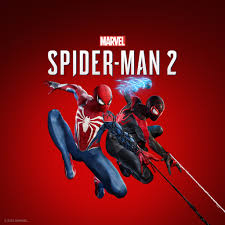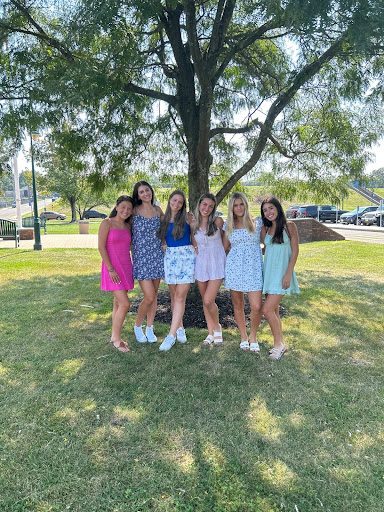Upon entering high school, I knew that I wanted to continue writing beyond my 8th Grade English class. I can thank Mrs. Salvanto for piquing my interest in creative writing, especially writing more reflective pieces that reflect my own identity and values. While the format and style has changed a bit, my articles all contain little snippets of myself; elements of reflection.
As a shy freshman, I walked into room 502 unsure of what to write about. However, as soon as I got started, I was consistently inspired and motivated with new topics and current events that I was itching to share my thoughts on. Some of my fondest memories of Newspaper Club include the Caldron Board’s trip to the Columbia Scholastic Conference at Columbia University, where we got to attend specialized seminars about journalism for a day.
My first article was entitled “Birth Order: Perks and Downfalls of Being a MIDDLE CHILD!” The title tells you just about all you need to know about how it was written: it was bold, a little cringy and personal to me. Funnily enough, my first couple drafts of this article were written more like a blog than an article; marked by blatant oversharing and irrelevant fluff. While most of my “article” had to be deleted and reframed by the then editors, I chose not to let embarrassment get the best of me and rather aimed to never write an article like this again. Oh, the horror!
I certainly didn’t break my own journalistic vow of sorts, and I’m glad my Freshman ego was challenged by this utter failure of an article. Ironically, it was highest on the most read page for a week at the time. It seems my plunge into journalism has led me to the other side, as I am now editing articles and giving pointers. Having held Editor positions over the years and loving writing so much that I want to major in Journalism, I can confidently say that I have learned countless lessons from my journalistic endeavors at JCHS. Out of all of these, here are my top lessons:
Be passionate about writing but don’t write passionately— unless it’s Satire.
If I were to characterize myself with one word, it would be passionate. If I am anything as a writer, I am undeniably passionate. As my love for writing has fervently blazed over the years, I have grown more passionate about my craft year after year. Writing was no longer a means of catharsis and self-expression, but a means of advocacy. It was not only self-empowering, but empowering to other people. As I became more politically active and socially conscious, I began writing articles about causes I believed in. From the power of representation in my “Crazy Rich Asians” movie review to my satirical article about Anti-Maskers, the topics covered ranged widely.
As much as I am passionate about writing, my passion has sometimes gotten in the way of how my articles are received. Several articles over the years weren’t published, because I had let my emotions get the best of me in an article about a controversial topic, and because I forgot that word choice still matters. Journalists should by all means be passionate about their craft but their work should remain level-headed and understanding of all sides, even in Opinions articles. It might not seem like it now, but journalism— whether for the school newspaper or the New York Times— is an important responsibility. People will read your articles if you put enough work into them, so make sure your articles aren’t stifled by emotionality and that your intentions in writing the articles are good. Your readers should walk away from your article feeling enlightened and thoughtful, not angry or spiteful.
Know your audience.
Again, as I have become more emboldened and comfortable with writing articles I have delved into increasingly controversial topics. However, I didn’t always handle them in the most appropriate, mature way. Some articles were too heavy for high schoolers while others were written in poor timing. So, while journalists shouldn’t pander to their audience, they should keep their audience in mind when considering word choice and the intent behind an article.
Don’t be afraid of trying new things.
This is universal. When I started writing I mainly focused on Opinions and Arts and Review pieces, which were in my comfort zone. However, my Sophomore year, I decided to take a risk and try my hand at a Satirical article. The article was called “Oh, I’m Not A Feminist!” and poked fun at the demonization of feminists and the fear that some have of associating with them due to not knowing what feminism is actually about. While I struggled at first and had to resort to WikiHow for help, my article turned out better than expected and got several likes as well. I was overjoyed that it was well received and was inspired by my newfound knowledge about feminism from my Sophomore English Honors class.
Complacency is the enemy of growth. Challenge yourself and be open to criticism.
After my first two years of writing for the newspaper, I had gotten comfortable with writing articles. During my Junior year, I held the position of Co-Editor of the Opinions/Satire sections, which cemented my identity as a writer but left me a little complacent. To combat this complacency, I signed up for my Journalism class senior year. Thanks to Mrs. Callaghan, I was able to expand my knowledge of the ethics of journalism and was challenged to write even better articles. Mrs. Callaghan encouraged us to interview people and write articles directly related to the CWC Community, which rekindled my love for writing. I regret not interviewing people sooner and admit that I got complacent with the way I wrote articles prior to my Senior year.
While complacency is the enemy of growth, it is inevitable as someone grows in skill. In fact, it can be a marker of growth in some ways, as you should be getting more comfortable writing articles, and your articles should consistently meet a high standard of quality. However, complacency becomes dangerous when it convinces you that there is no more to learn and that you have everything figured out.
When I did have articles that didn’t end up published or had to rephrase things (again!), my immediate reaction would be anger, frustration, or embarrassment. However, it quickly turned into understanding as these moments turned into growth opportunities. I’m glad Mr. Phelan calmly confronted me about these, as these instances reminded me that I still need to grow in many ways and to embrace journalistic setbacks and “failures” rather than run from them.
Avoid Cliches and Trendy Slang.
This was definitely one of my biggest faults and a big faux-pas in journalism. Try to avoid cliches and slang, since your articles will age badly and those once trendy expressions will come off as cringe-worthy later on. Some examples I’ve used in my own articles are “triggered”, “hop on the bandwagon,” “put on a pedestal,” “tried and true,” and “ring true.” In another of my articles, I compared being asked “What are you?” as a mixed person to being addressed like an alien who escaped during the Area 51 raid from two years ago. While I thought this pop culture reference would come off as self-aware and clever at the time, these sorts of references age your article. As much as we enjoy pulling out cliches from our pockets and throwing them into writing or conversation, they tend to cheapen the quality of an article or any piece of writing. They’re an easy way to say something without actually saying something. Instead, opt for more precise word choice or explanations rather than garnishing your articles with cliches.
Be concise and precise.
This was another of my issues with article-writing and writing in general. I’ve always been a wordy person and often used my verbosity as an excuse to write more than needed. As I’ve delved more into Journalism and had to spend hours downsizing paragraphs to fit word limits for countless college and scholarship essays, it’s been one of the greatest struggles and lessons of my senior year in particular. While there’s nothing wrong with writing a lot, your readers don’t have all day and there’s no need for repetition if something has been already said.
Don’t underestimate the power of a clever title.
The main reason behind my articles appearing on the most viewed page or getting likes is because of their catchy titles. After all, a journalist’s job is based on whether people will read and like their articles. Your articles are meant to be read, so make sure your title draws readers in rather than shun them away. The title is the first thing a reader sees, so make sure it encapsulates the purpose of your article and what it entails. Have fun with your titles as well, make them a bit provocative or include a play on words. For instance, I titled my article where I reviewed a new Korean restaurant in town “Dup Bap: The Perfect Restaurant To Satisfy Your ‘Kwarantine’ Cravings.” The title paid off, and my article was first on the most viewed page for several days and got 4 likes. Some more examples of catchy titles that I’ve used include “Don’t Call Me Exotic” and “Oh, I’m not A Feminist!” With that being said, an article title doesn’t always have to have a flashy title. It could be something straightforward and to the point, if that best reflects the content of your article. For instance, my article about the JCHS BIPOC Student Union was simply titled “JCHS’ New BIPOC Student Union,” but was still well received and widely read.
Your own development/self-actualization will help your writing and allow your style to develop.
The final and most important lesson that I’ve learned is how connected self-actualization and writing are. As I’ve grown over the years as a person, my writing has also grown. While I did state that excessive words should be avoided when writing, over the past four years I have realized that my style of writing is wordier than others. I’ve certainly become more concise and selective with my writing and word choice, but I love to include reflective or flowery sentences— within journalistic limits, of course. When it comes to style, whether for writing or any other art, it will develop naturally and shouldn’t be rushed. You should also implement the life lessons and lessons learned across subjects to improve your writing, and maybe even gain inspiration for articles.
I’m very grateful for all that the English department at JCHS has taught me. Without their help, I wouldn’t have deepened my love for writing or decided to pursue journalism as a career. I’m especially grateful to Mrs. Callaghan and Mr. Phelan. Beyond the English department, I’m incredibly grateful to JCHS in general, for providing a space that supported me and my pursuit of literary and visual arts. I will cherish these memories and foster the friendships I have made.


